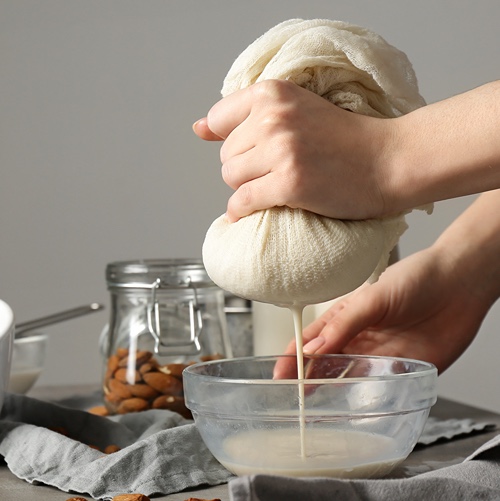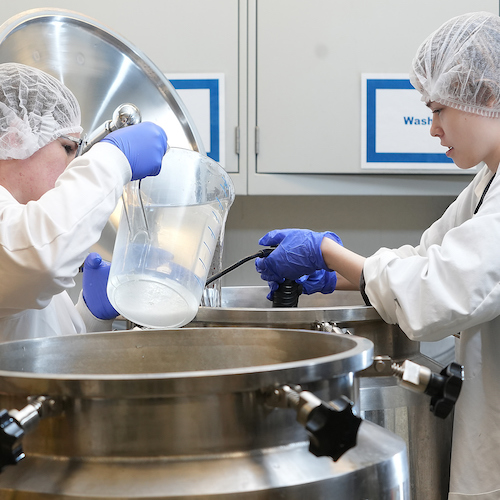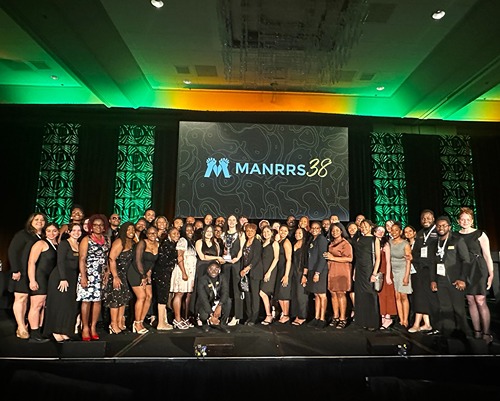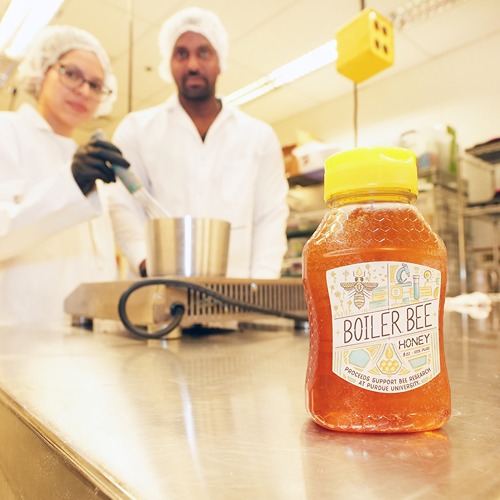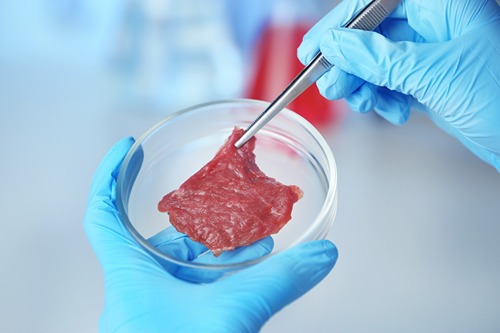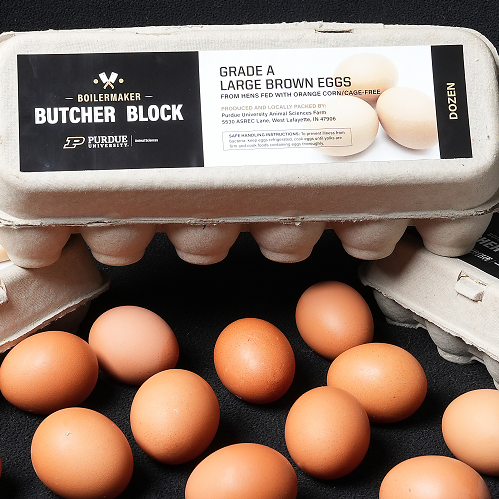It’s important to me to make sure the species I describe are making it back to the countries we collected them from.
- Olivia Gearner, PhD student, Department of Entomology
THE STUDENT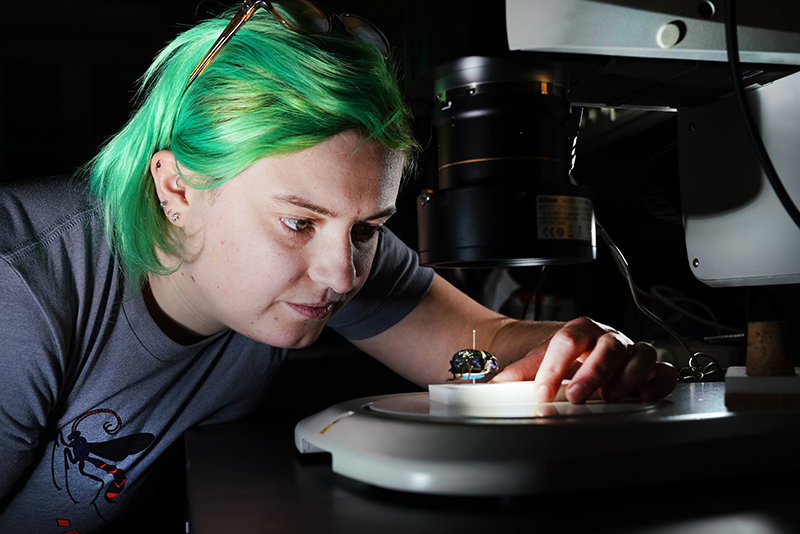
Olivia Gearner’s academic path is rooted in her lineage. The daughter of two biologists grew up in the woods of Eastern Kentucky, “living in nature,” she says. “I like creepy crawly things that other people might be freaked out by,” says Gearner, who raised caterpillars into butterflies and collected beetles and moths with her family. “Insects are wildly diverse, and I’ve always found them interesting.” She studied biology at Western Kentucky University, extending her undergraduate research in the taxonomy (classification) of spider beetles there to an MS degree. She was searching for relevant doctoral programs when she came across a notice that Aaron Smith, assistant professor of entomology, was searching for a graduate student to work on one tribe of darkling beetles. (More than 20,000 species of darkling beetles comprise the beetle family Tenebrionidae.) Gearner had collected spider beetles for her previous research in southern Africa, and this work appealed to her in part because tenebrionids are found in similar arid environments. Gearner came to Purdue in 2019 and will complete her degree this fall under Smith’s advisorship.
THE RESEARCH
Gearner’s research focuses on the taxonomy and phylogenetics of Sepidiini, a group of darkling beetles up to a couple inches in length and found primarily in African deserts. Using existing collections as well as her own collecting skills, Gearner is both describing new species and classifying currently described species by genus. “This is important for anyone who wants to study them,” she explains. This group of flightless beetles has been studied for its desert adaptation, but many species have not yet been described. Gearner also is classifying closely related species into the same grouping based on common shapes or structures. She then combines this morphological information with genetic data. Eventually she will donate some of her specimens to Purdue and to collections near where she found them, especially new species she described.
OPPORTUNITIES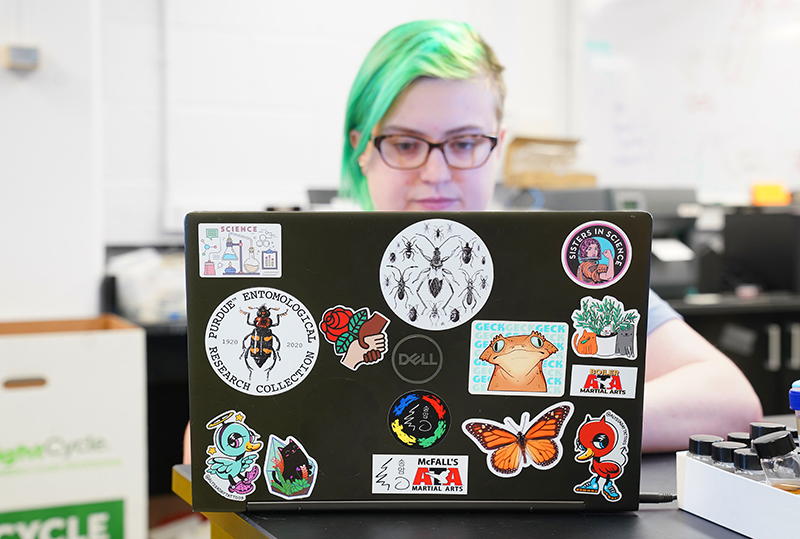
Gearner credits Smith with providing opportunities to expand her skill set, from research methods to field work. She also has taught an Introductory Entomology lab for four years. “It’s good to get the teaching experience, especially since I want to become a faculty member,” she says. “I enjoy trying to get undergraduates interested in entomology. Some are entomology majors, but I can also show students from other disciplines how cool insects are.” She has presented her research and networked with other beetle taxonomists at the Entomological Society of American conferences, and has secured her own grant funding to travel for beetle collection.
FUTURE PLANS
Gearner plans to explore postdoc opportunities after completing her program this fall and hopes to then land a faculty position that combines her interest in research, teaching and mentoring graduate students. Outside of the lab, she enjoys trivia competitions and time outdoors — gardening, hiking and biking — as well as the company of four cats.
